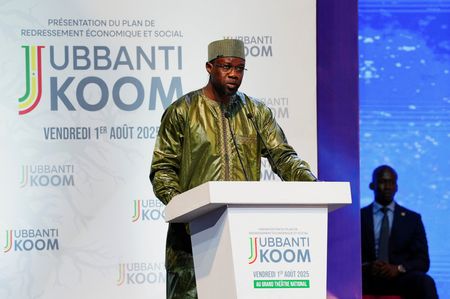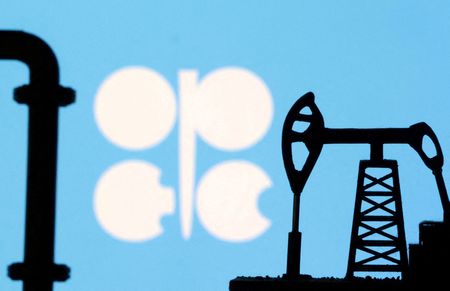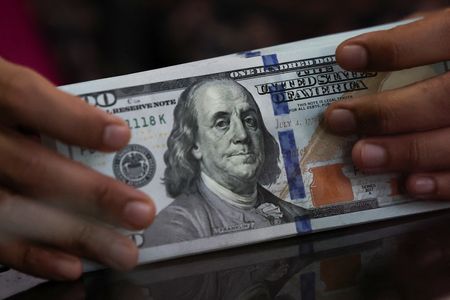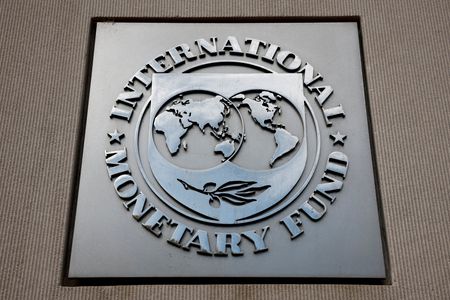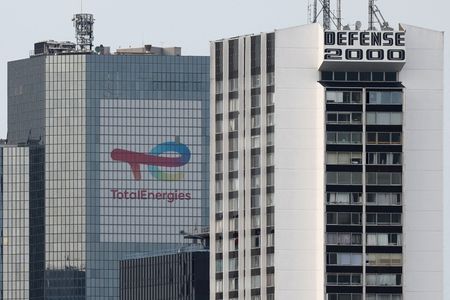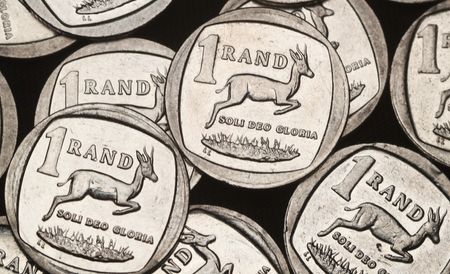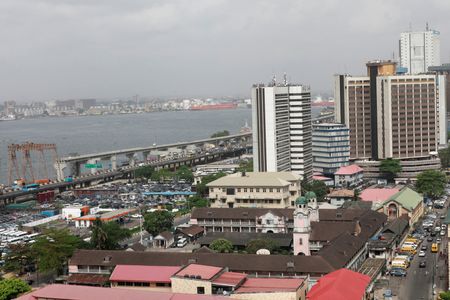(Corrects paragraph 3 to say 2033, not 2022)
DAKAR -Senegal’s international bonds fell on Tuesday, a day after Prime Minister Ousmane Sonko said the government would lower the public’s electricity and fuel costs.
The move has raised investor concerns over the debt-laden country’s fiscal strategy amid ongoing discussions with the International Monetary Fund.
The 2028 euro-denominated bond dropped 2 cents to trade at 82.88 cents on the euro. The 2033 dollar bond also shed 1.43 cents to bid at 69.32 cents on the dollar.
The IMF, which has representatives currently in Dakar on a mission to discuss a new lending programme, has pressed Senegal to gradually remove energy subsidies to make its budget more fiscally sustainable.
Investors said that the prime minister’s announcement about cutting costs for the public – and thus potentially boosting the government’s subsidy costs – during the IMF visit was concerning.
“While one could definitely argue that the cost of Senegal’s energy subsidy will still be significantly lower than prior years due to lower international oil prices, the sense has been that the IMF would like to see an explicit adjustment to the tariff structure,” said Thalia Petousis, a portfolio manager at Allan Gray.
Senegal is trying to manage a debt-to-GDP ratio that has risen to more than 100% after the uncovering of billions in debts that the previous administration did not report to the IMF.
The IMF board must approve a misreporting waiver related to that debt, which led the Fund to freeze its $1.8 billion programme last year.
Earlier this month, it published figures showing a sharp increase in projected debt service payments, which the government raised by about 3.2 trillion CFA francs ($5.8 billion).
(Reporting by Portia Crowe and Diadie Ba in Dakar and Colleen Goko in Johannesburg, editing by Libby George and Hugh Lawson)

